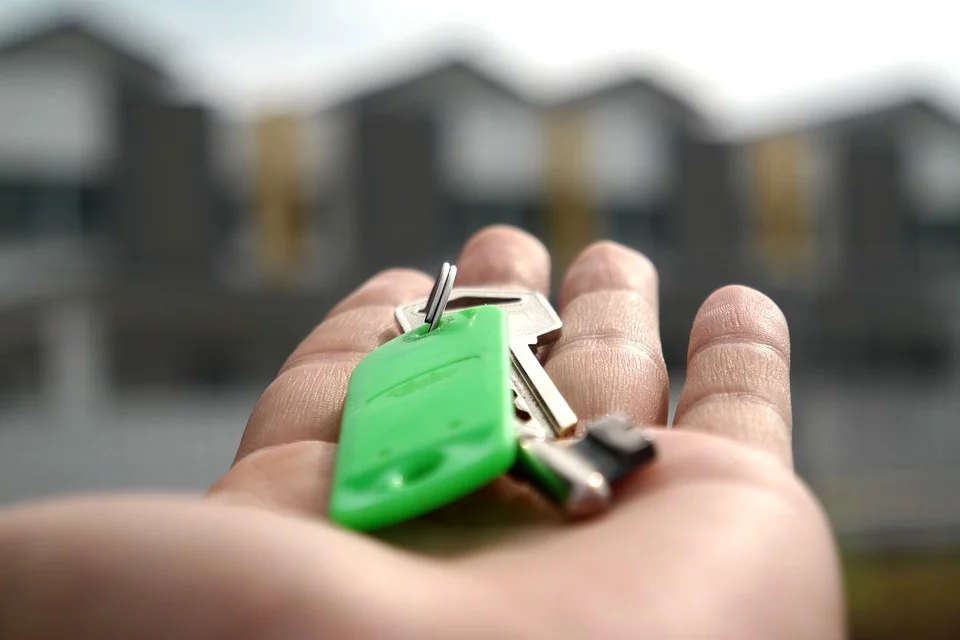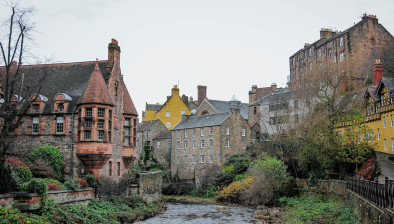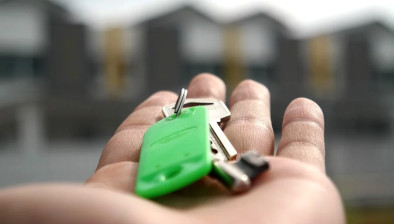Walker Fraser Steele: Average house price in Scotland reaches new record level
Average house prices in Scotland reached a new record level of £207,877 in July, according to the latest House Price Index from Walker Fraser Steele.

July saw the largest increase in average price in a month since March 2015, with prices up by £6,000.
This is the largest increase in a month since March 2015 - just prior to the introduction of the Land and Buildings Transaction Tax in Scotland the following month.
The average house price has increased by some £20,550 - or 11.0% - over the last twelve months. This is 2.5% higher than the 8.5% recorded one month earlier. The annual rate had been slowing over the previous three months from a high in March 2021 of 11.4%. But it is the continuing strong performance of larger properties that is supporting the current growth.
One of the main reasons for the current upward movement in prices is a result of the lifestyle changes associated with “working from home”, which has brought about a shift in housing preferences to larger properties - with space for home working - rather than commuting to-and-from one’s place of work.
The demand for larger premises continues to be strong, and for some includes moving to Scotland from London, or from other major cities in the UK and beyond. However, the supply of larger homes in Scotland remains thin, with strong competition for those properties that do come onto the market.
Last month, Walker Fraser Steele noted that the ending of the LBTT tax holiday in March 2021 made little difference to the high-value end of the housing market, with the number of purchases of £750k plus homes in June 2021 actually exceeding those of March 2021 (see Page 5).
The firm suggested that this was probably due to the level of tax saving being limited to £2,100 in Scotland (compared to a saving of £15,000 in England), which is a relatively small sum in relation to a property costing £750k.
The tax holiday was therefore more likely to influence buyer behaviour at lower price levels, with purchases at £250,000 qualifying for the maximum tax savings. With the number of lower-priced sales falling in July, due to the purchase of such homes having been brought forward into the earlier months of the year, this will have had the effect of raising the average price of the properties that were purchased in the month.
Alan Penman, business development manager at Walker Fraser Steele, commented: “Sales volumes, which now appear to be running at the levels seen in 2018, also suggest larger properties are supporting higher average prices. Lower transactions and strong prices at the top-end show that demand is exceeding supply with the focus of the market on higher value transactions supported by continuing record low interest rates.
“Combined with the previous tax savings associated with the LBTT holiday, these factors have encouraged the whole market to focus on larger properties and give cause to believe the exceptional performance of larger properties might continue for some months to come.”





